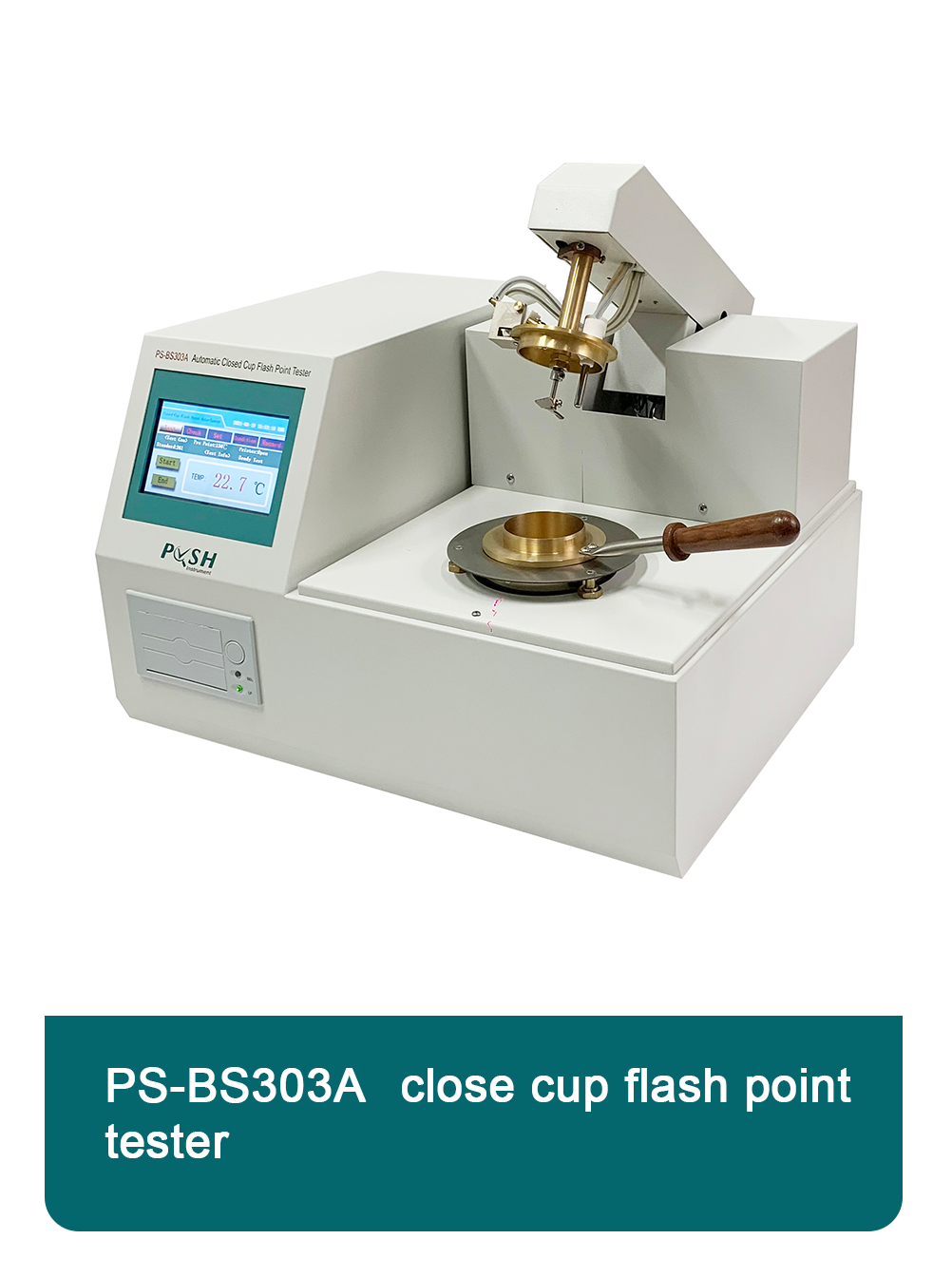 English
English


Understanding Motor Tan Delta Testing for Electrical Insulation Assessment and Condition Monitoring
Understanding the Motor Tan Delta Test Importance and Application
The Motor Tan Delta Test is an essential diagnostic procedure employed to assess the health of electrical insulation in motors and generators. This test measures the insulation's dielectric properties, particularly focusing on the tan delta (or loss angle) of the insulation material. Understanding the test and its implications is crucial for maintenance engineers, plant managers, and anyone involved in the operation and upkeep of electrical machinery.
What is the Tan Delta?
In the realm of electrical engineering, tan delta refers to the ratio of the resistive (or loss) component of the current to the capacitive (or reactive) component of the current in an insulating material when subjected to an alternating current (AC) voltage. This parameter provides insight into the insulation's quality
- A low tan delta indicates good insulation properties and minimal energy loss. - A high tan delta suggests deteriorating insulation, potentially leading to failures.
The term loss angle is derived from the phase difference between voltage and current in an AC circuit, reflecting how much energy is lost as heat in the dielectric medium.
Why Perform the Tan Delta Test?
Performing the Motor Tan Delta Test is critical for several reasons
1. Condition Monitoring Regular testing helps track changes in the insulation condition over time. This proactive approach allows for early identification of potential issues that could result in equipment failure.
2. Predictive Maintenance By understanding the insulation's condition, organizations can schedule maintenance activities based on actual equipment needs rather than relying on pre-set time intervals, thus optimizing maintenance costs and minimizing downtime.
3. Safety Assurance High levels of insulation degradation can pose safety risks, such as electric shocks or fires. Regularly conducting the test ensures that the equipment remains safe to operate.
4. Performance Evaluation The test can also help determine if the motor is operating efficiently. Poor insulation can lead to excessive energy losses, affecting overall performance and increasing operational costs.
motor tan delta test

How is the Test Conducted?
The Motor Tan Delta Test involves several steps
1. Preparation Before testing, ensure that the motor is isolated from the power supply and grounded properly to avoid electric shock.
2. Instrumentation Setup Specialized equipment, such as a tan delta tester, is connected to the motor's stator windings. This equipment usually includes a voltage source, frequency meter, and accurate measurement devices to calculate current and voltage.
3. Testing Procedure The tester applies a standard AC voltage, typically at line frequency (50 or 60 Hz), to the insulation system. The test measures both the capacitive and resistive components of the current, calculating the tan delta value.
4. Data Analysis After obtaining the readings, the results are analyzed against manufacturer specifications or historical data. A significant deviation from expected values indicates potential insulation breakdown.
5. Reporting Finally, detailed reports are prepared, summarizing the test results and providing recommendations if any issues are detected.
Interpreting the Results
Interpreting tan delta test results is crucial. Generally, the following ranges apply
- 0.0 to 0.5% Good insulation condition. - 0.5% to 1.0% Caution advised; monitor regularly. - Above 1.0% Insulation showing signs of deterioration; immediate action is recommended.
Conclusion
The Motor Tan Delta Test is an invaluable diagnostic tool that plays a pivotal role in maintaining the performance, safety, and reliability of electric motors and generators. By regularly conducting this test, organizations can ensure their equipment operates efficiently while minimizing risks associated with deteriorating insulation. Ultimately, the proactive management of motor insulation not only extends the life of the equipment but also contributes to overall operational effectiveness and safety in industrial environments. Taking the time to understand, implement, and analyze the Motor Tan Delta Test can lead to significant benefits for any organization reliant on electrical machinery.
-
Differences between open cup flash point tester and closed cup flash point testerNewsOct.31,2024
-
The Reliable Load Tap ChangerNewsOct.23,2024
-
The Essential Guide to Hipot TestersNewsOct.23,2024
-
The Digital Insulation TesterNewsOct.23,2024
-
The Best Earth Loop Impedance Tester for SaleNewsOct.23,2024
-
Tan Delta Tester--The Essential Tool for Electrical Insulation TestingNewsOct.23,2024





